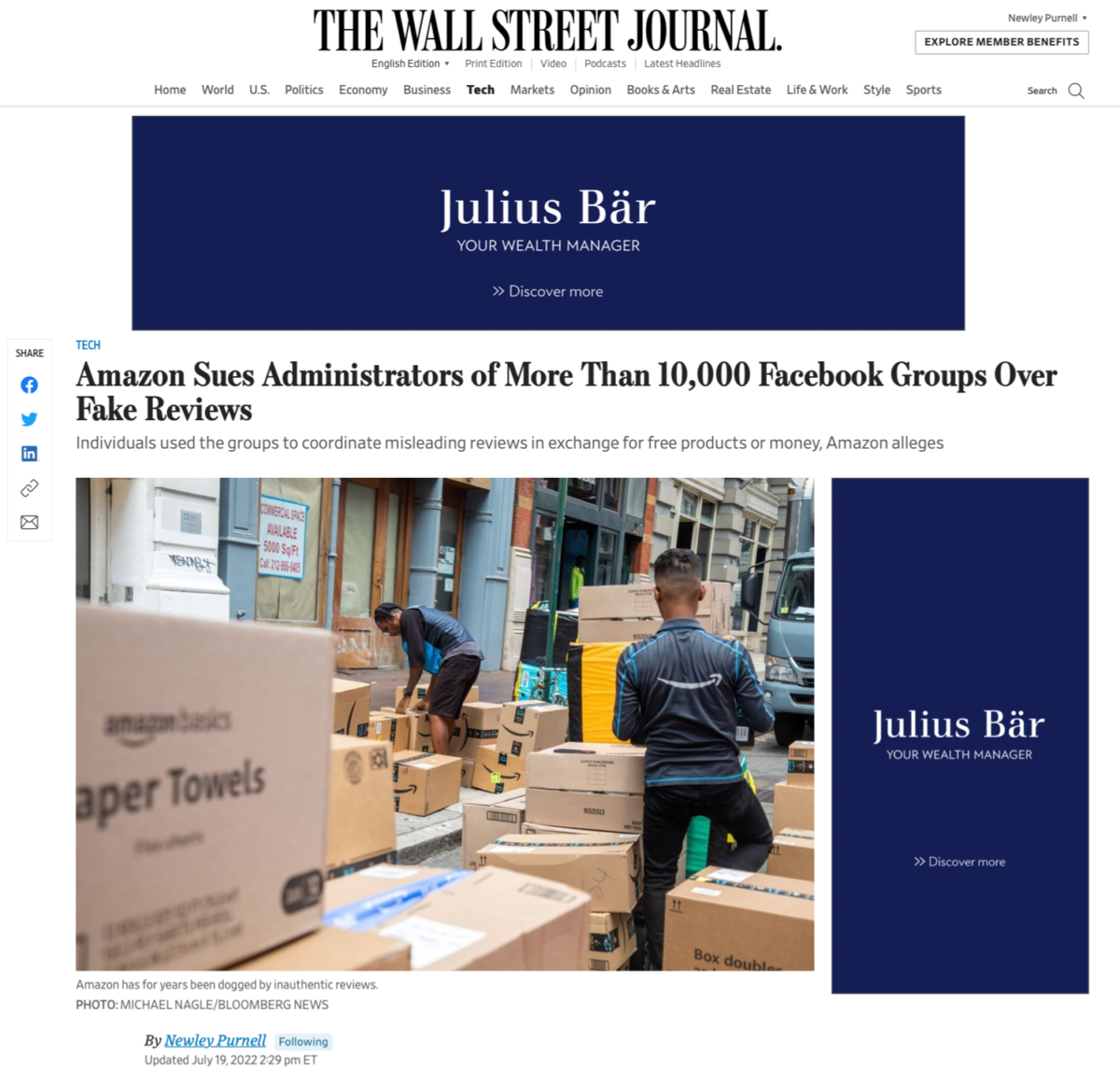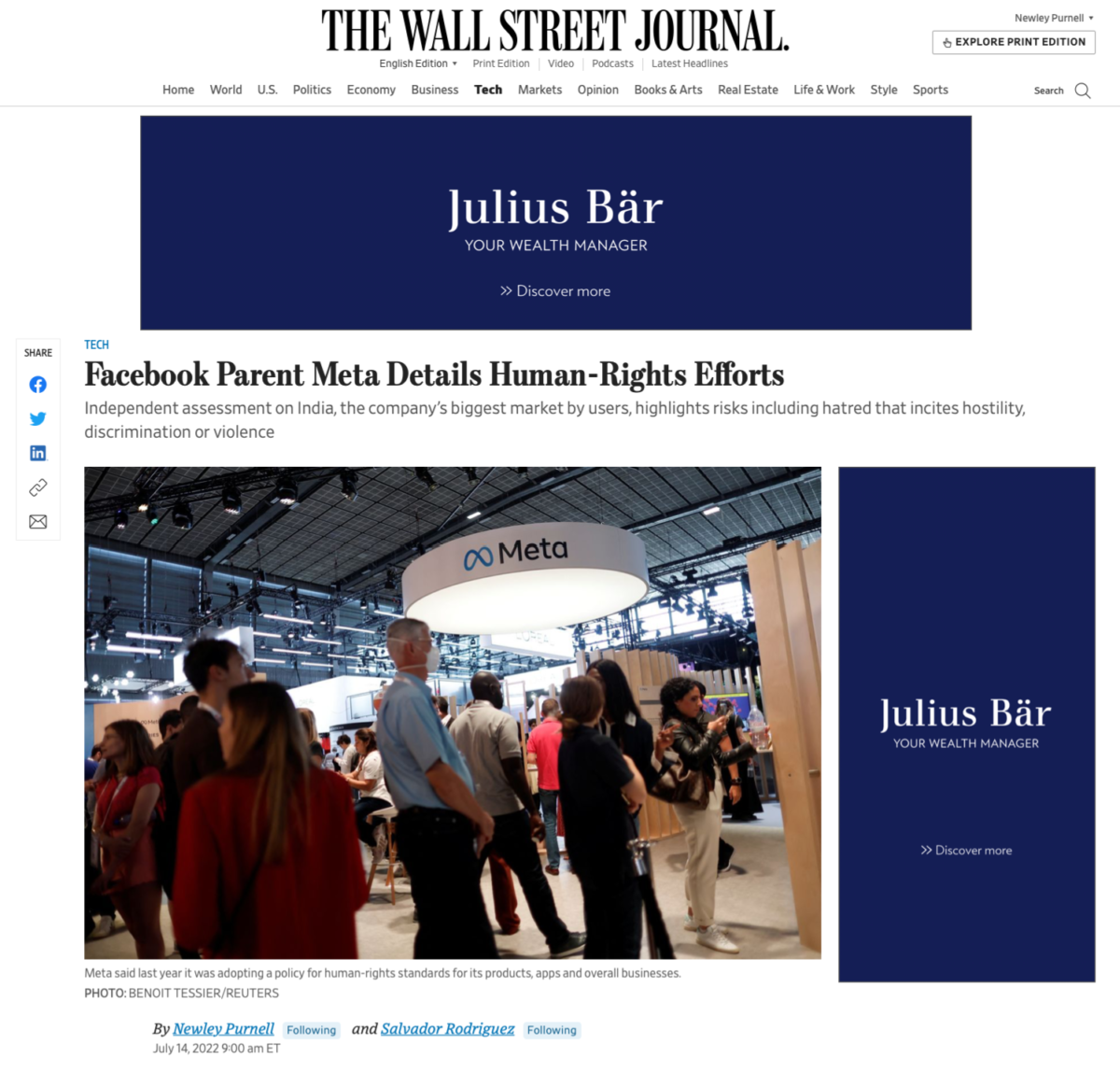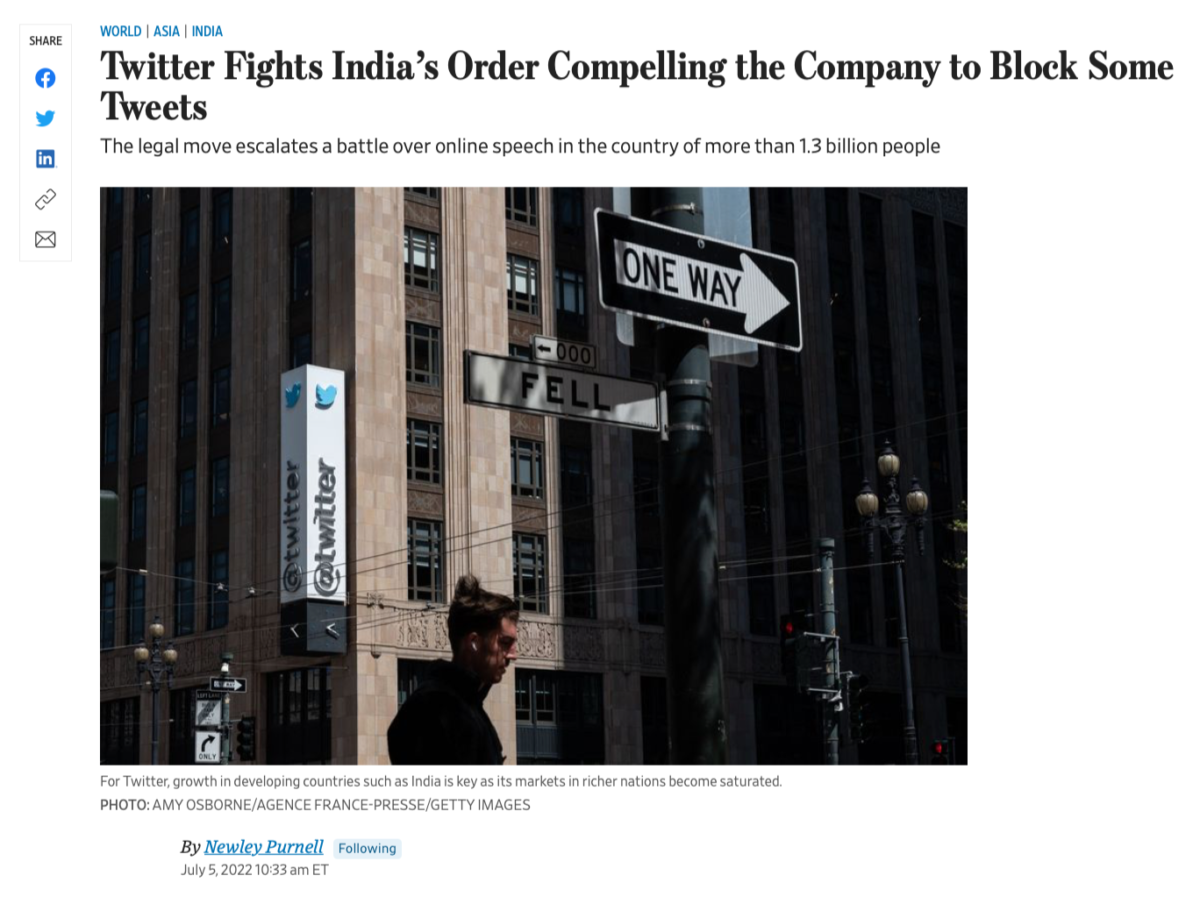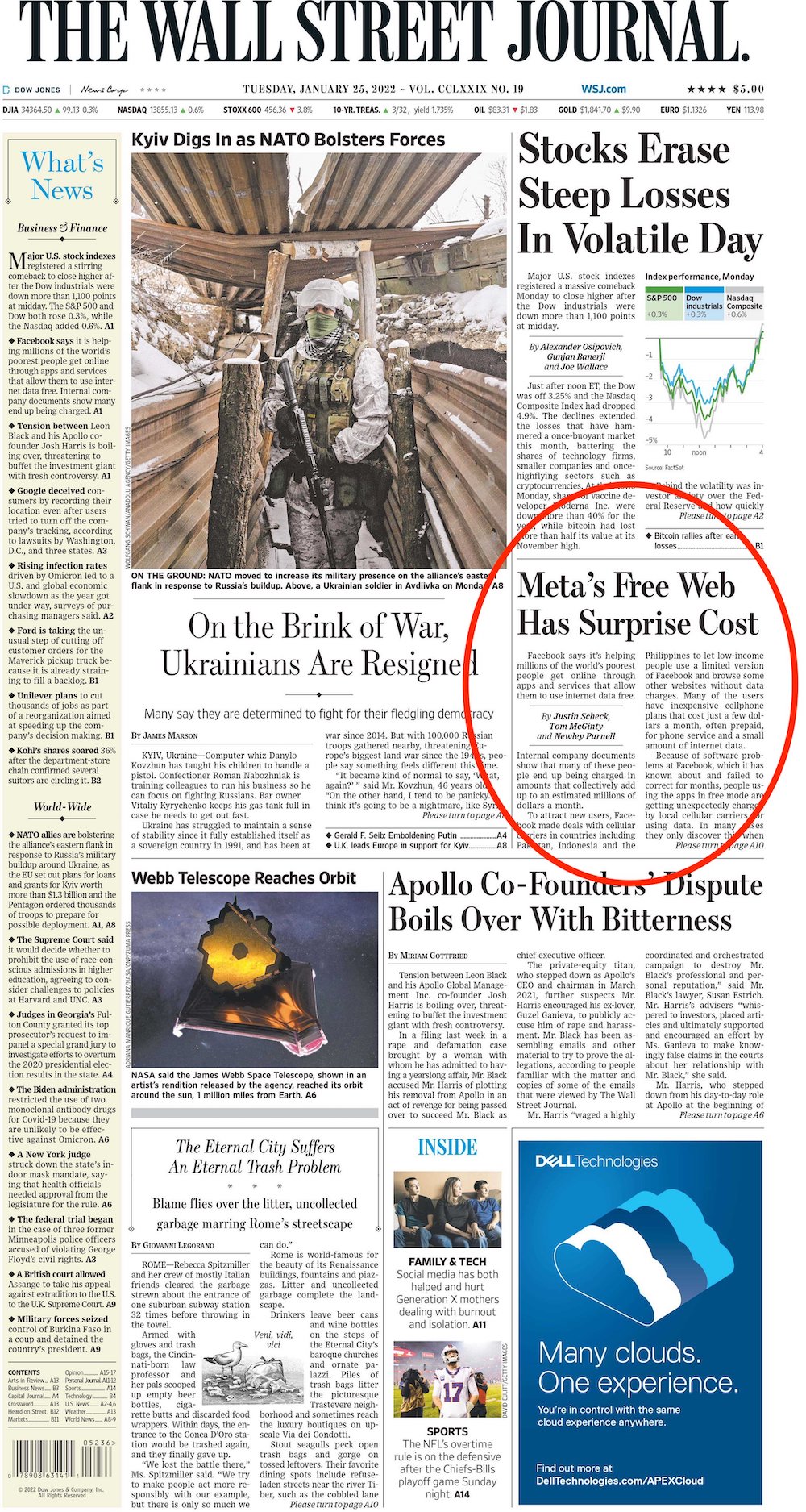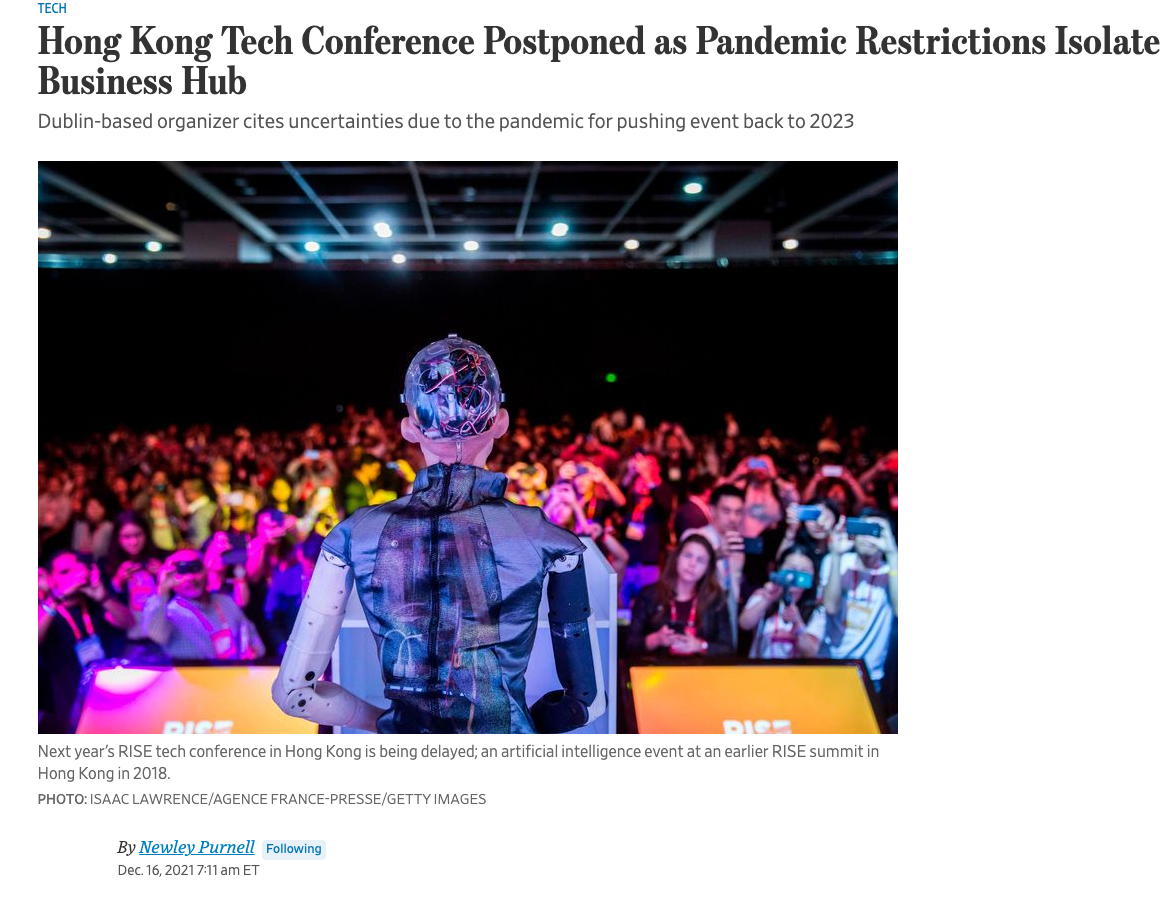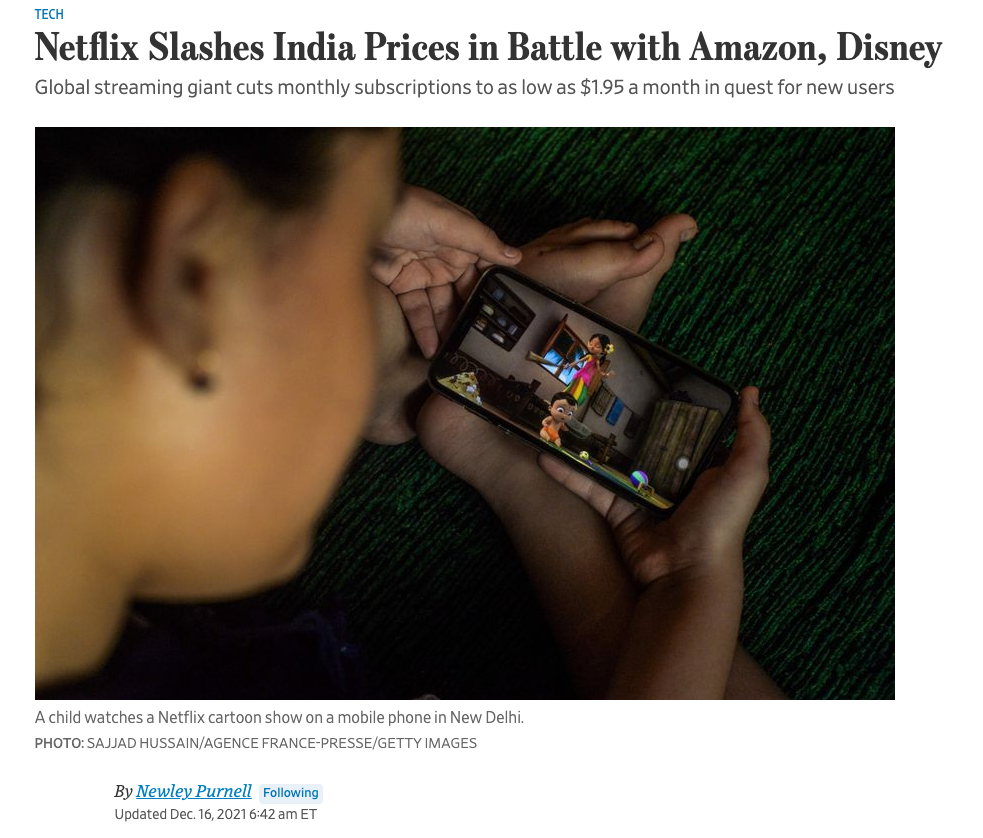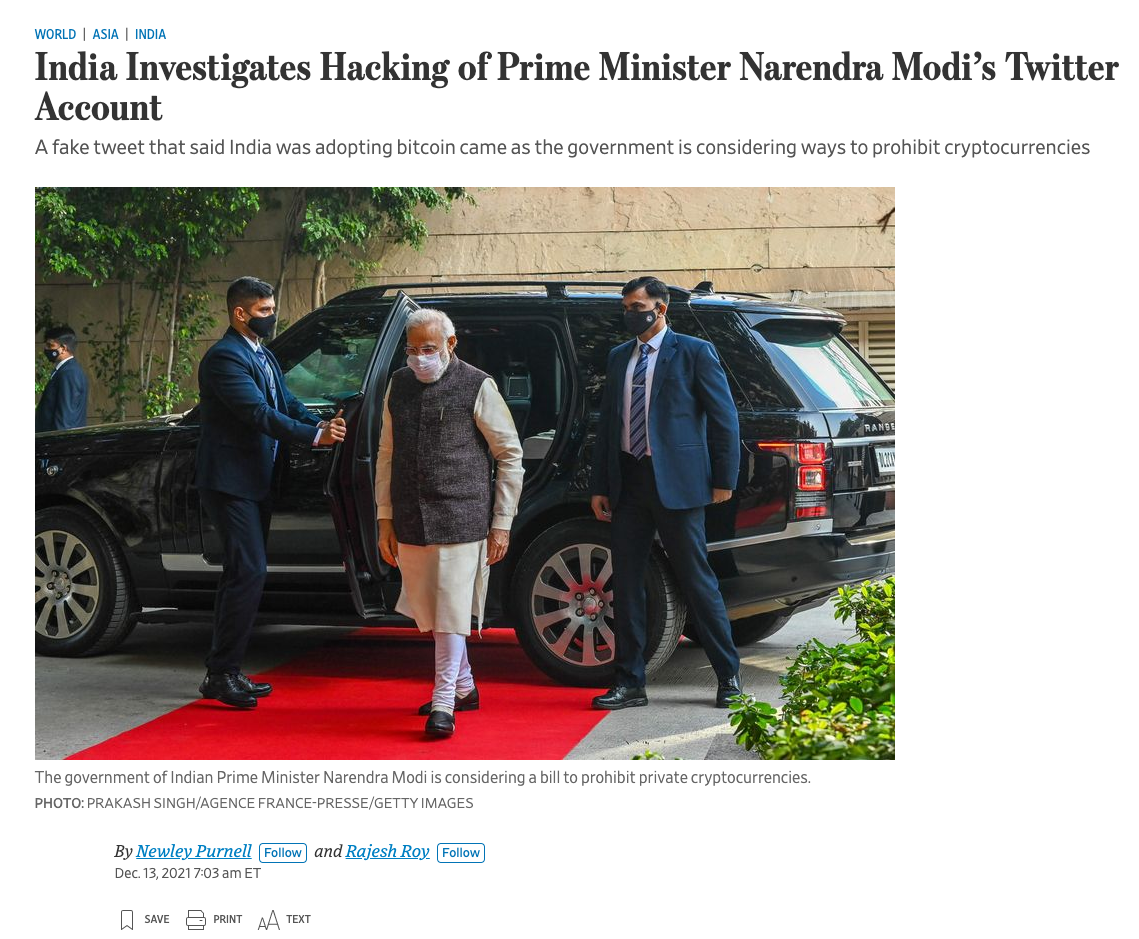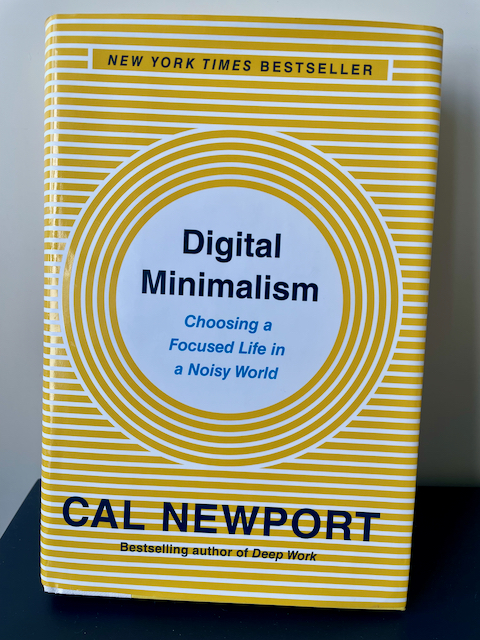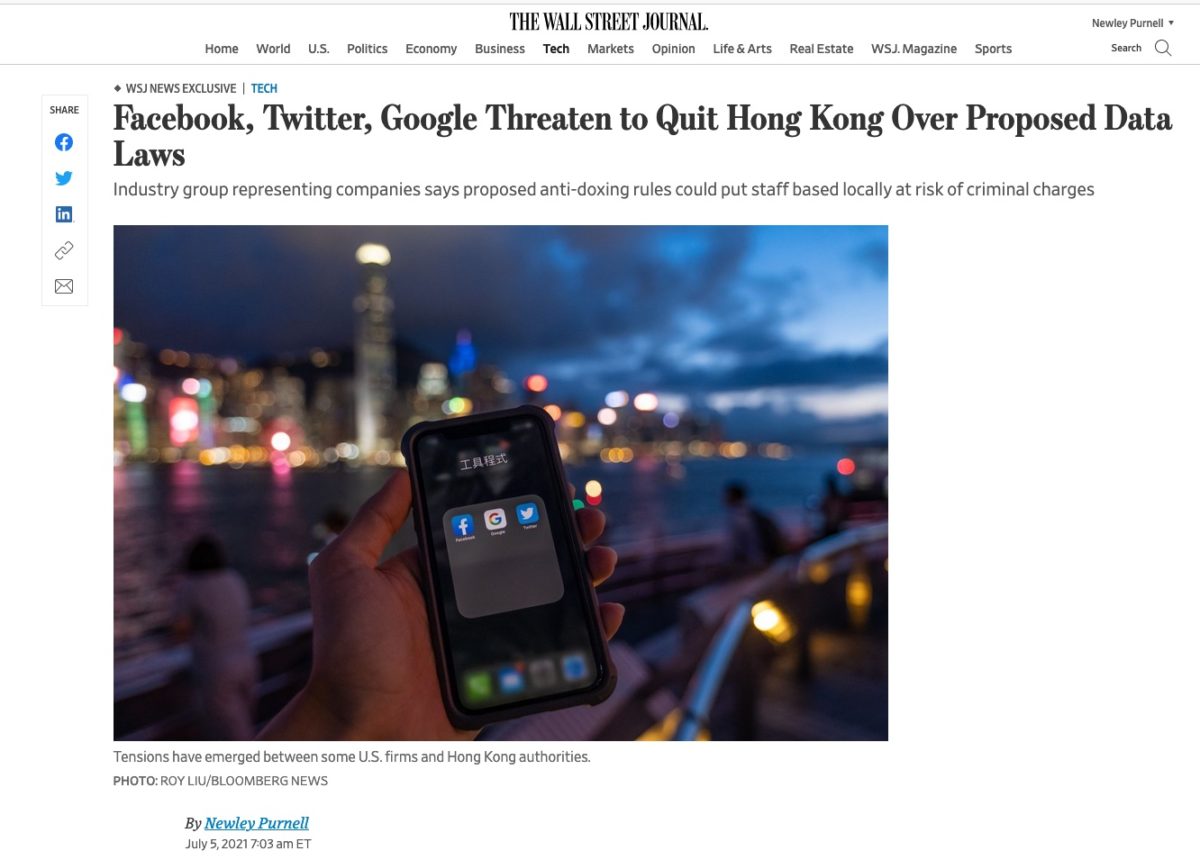From time to time I share notes about the books I’ve been reading, or have revisited recently after many years.
These posts are meant to help me remember what I’ve learned, and to point out titles I think are worth consulting.
They’re neither formal book reviews nor comprehensive book summaries, but I hope you find them useful. For previous postings, see my Book Notes category.
Digital Minimalism: Choosing a Focused Life in a Noisy World
By Cal Newport
Published: 2019
Publisher: Portfolio
ISBN-10: 0525536515
Amazon link
Brief Summary
Use technology. Don’t let technology use you.
My Three Key Takeaways
I’ve read two of Newport’s earlier books: 2016’s “Deep Work” (my book notes here) in which he argued that knowledge workers should focus on their professional activities that deliver the most value.
And I read his 2012 book, “So Good They Can’t Ignore You,” a guide to career development in which Newport says that the common advice to “follow your passion” is misguided; instead, we should hone our craft and deliver output that is rare and valuable.
Since “Digital Minimalism” was published in 2019, Newport has published another book, “A World Without Email,” which I haven’t read. (He’s also launched a popular podcast.)
In “Digital Minimalism,” the Georgetown University computer science professor provides a treatise on how not to let technology sap your attention and keep you from pursuing what’s most important in life. My major takeaways:
-
Our default approach to technology amounts essentially to digital maximalism: saying yes to all technologies – chiefly social media – because they offer some value. But, Newport argues, we should be digital minimalists: only letting tech into our lives that agrees with and reinforces our values (such as being present with friends and thinking deeply). So: if you must use Facebook, Twitter and Instagram, do so sparingly, at set times. And critically: access them from your computer, on a web browser, not via mobile apps, which are engineered to hijack our attention.
-
I like Newport’s emphasis on cultivating high quality leisure activities that emphasize engaging, in real life, with people. In person. Go hiking with friends. Join a sports team. Meet a friend for coffee. Attend religious gatherings. It’s common sense, of course, but in our digital world (not to mention amid a pandemic), we must remember that social interaction is important, and we must make time to interact with friends and family in meaningful ways. It’s ironic that when we become sucked into social media, we think we’re keeping in touch with friends by liking their photos or posts or tweets, but we are often distracted during real interactions with people, or interact online instead of in person.
-
Newport also emphasizes the value of solitude. He says we should spend a few hours a week by ourselves, accompanied only by our thoughts, and that this time – no music, no podcasts – brings immense cognitive benefits.
